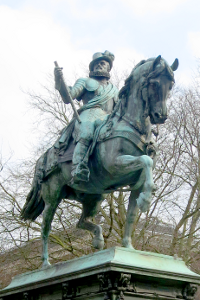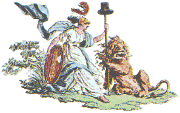 One of the two Dutch republican societies has seen an increase in membership from 1200 to 2000 since January, AD writes.
One of the two Dutch republican societies has seen an increase in membership from 1200 to 2000 since January, AD writes.
The Nieuw Republikeins Genootschap (New Republican Society) wants to replace the Dutch hereditary monarchy by a republic with an elected head of state. It was founded in 1998 in response to the existing Republikeins Genootschap which only admits new members through co-option and which believes that merely existing is enough to bring about the republic.
The society expects that the large increase in members is due to the ‘hype’ surrounding the abdication of Queen Beatrix and the ascension to the throne of her son Willem Alexander on 30 April.
According to TNS Nipo the monarchy continues to enjoy strong support among the Dutch. In 2011 a whopping 87% of the population supported the monarchy, 4 percentage points down from 1961, but 6 percentage points up from 2003.
The Netherlands was a republic from 1581 until 1806 at which point Napoleon Bonaparte made his brother king of the country. After Napoleon was defeted at Waterloo in 1815, Willem Frederik of Orange-Nassau became King Willem I of the Netherlands. Since then the country has been a monarchy.
(Photo: statue of William the Silent, he who both led the Dutch revolution that started the republic and who started the house of Orange-Nassau.)

 Wedged between the Dutch republic and the Dutch monarchy—and like France and the USA born of the Age of Enlightenment—was the short-lived
Wedged between the Dutch republic and the Dutch monarchy—and like France and the USA born of the Age of Enlightenment—was the short-lived